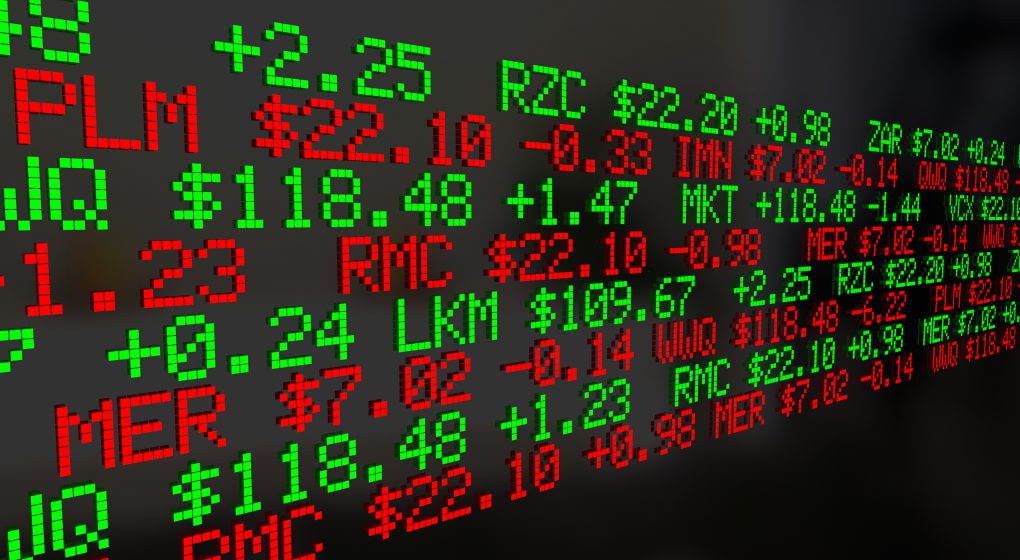
Stock gurus commonly claim that stock prices follow earnings. Is that an accurate statement? There’s some evidence that it used to be truer in the past than it is today. The flood of armchair investors is likely the culprit. It’s much easier for a stock price to be artificially inflated or deflated by investor sentiment than in the past.
Microsoft is one such example. The company has done exceedingly well over the last 20 years, but the stock price has done nothing. Revenue and earnings have increased dramatically, but the stock has been stagnant. The stock was simply overpriced many years ago, and the earnings are still struggling to support the price of the stock.
Short-Term Earnings
There is little dispute that, over longer periods of time, earnings are an excellent predictor of stock price.
Research has shown, however, that earnings have little impact on the price of a stock in the short-term. Short-term price movement can occur, especially when the earnings reports are significantly higher or lower than expected. But this fluctuation tends to correct itself quickly.
If you tend to buy and hold, short-term earnings are of little concern. There’s no reason to get upset by one bad earnings report or overly excited by one great report. It’s the pattern over the long haul that makes a difference.
Long-Term Earnings
Long-term earnings are a good benchmark for stock price. This is true whether the company is relatively young and growing or mature and stagnated.
Growing companies are able to use earnings to reinvest and expand. If done wisely, this helps the company to become more profitable. Mature companies frequently don’t have many expansion opportunities, but they can give a portion of those earnings back to the shareholders in the form of dividends. They can also repurchase shares, increasing the value of the remaining shares.
How well companies use their earnings is really the key. If they are used wisely, the company and the stock price tend to thrive. Used poorly, neither tends to do well. It’s largely dependent on the quality of the management. Good management makes maximal use of earnings to increase shareholder value.
Earnings Estimates
It has been shown that companies with high earnings estimates are more likely to miss their earnings target. It’s always challenging to meet high expectations. Companies with lower earnings estimates tend to do better than expected.
This is a worthwhile consideration for short-term investors that try to time the market.
It’s important to remember that a stock’s price already reflects the market’s expectation of the company’s earnings. That’s the whole idea of the market being “efficient.” All the available information is already reflected in the stock price. That’s the theory, anyway.
Changes in Earning Estimates
If a company’s earnings are updated upward by 5% or more, those stocks tend to outperform the market as a whole. Downward updates tend to have the opposite effect and underperform versus the market.
When things are looking better than expected, people get excited about a stock and drive up the price.
Conclusions
Earnings can have a significant impact on the price of a stock. The issue is really your time horizon. If you’re investing with the intention of holding a stock long-term, changes in earnings estimates, hitting or missing earnings expectations, and short-term earnings are largely insignificant. Warren Buffett doesn’t worry about such things.
However, if you like to invest in stocks for short-term gains, then all of these issues around earnings can be significant to your success.
For your best results, determine how long you intend to be in the market and base your decisions around that.
You might also consider investing is stocks that pay a high dividend.






